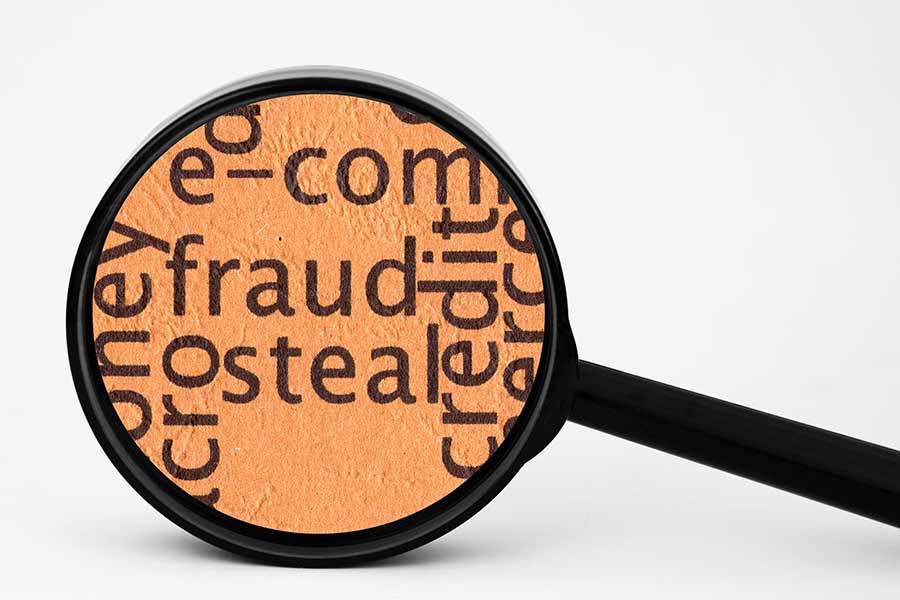Everyone is concerned about identity theft, and tax time can be of particular concern. Identity theft begins when someone gains access to your personal information – most often a Social Security number – and uses it for his or her own gain. The information may be used to get a job or to file for a tax refund, which can result in a destroyed credit rating, a mountain of undeserved liability and even legal troubles.
To avoid identity theft, there are a few things to watch for and precautions that you can take:
IRS Phishing Scams
One of the ways that scammers try to gain access to social security numbers is to pretend to be someone working for the IRS. This can be through email, over the phone or via snail mail. A common scam is to say that the IRS needs certain information immediately – often an SSN or even a credit card number. The scammer may say that this information is needed to prevent an audit or to confirm part of a tax return.
The IRS does not send emails to taxpayers for any of these reasons. If you receive an email that makes these claims, it can be forwarded to the IRS for investigation at phishing@irs.gov.
Other Identity Theft Scams
A common way that identity theft begins is with simple pick-pocketing or purse snatching. To avoid having your SSN stolen through these means, never carry your Social Security card with you unless it is absolutely necessary.
Stealing trash is another way to gain your personal information. Thieves steal personal trash and go through it looking for discarded credit card applications, personal paperwork and other documents that can help them to take out credit cards in your name or otherwise use your information for monetary gain. To avoid these problems, invest in a small, inexpensive shredder to shred your junk mail and personal documents. You can also use scissors to cut up every personal document before it is thrown away.
Phone calls and emails are popular ways for thieves to get your personal information. These can be fake telemarketers who are seeking your credit card numbers. They may even impersonate your credit card company and ask you to verify your credit card numbers or your SSN.
Another nefarious way to steal your information is to set up a complete website that looks like an official one. The website may be set up to look like the IRS site or like a credit card site, bank site or other website that requires your financial information. Before entering any personal information into a website, always double check the URL to make sure that a simple misspelling hasn’t led you somewhere unsafe.
Staying Safe
Keeping your information safe requires being vigilant about who gets it and why. Never give out your personal information over the phone unless you are the one who has made the call. Most financial institutions, including the IRS, will not ask you for your SSN or account numbers over the phone. The same is true for email requests.
When filing your tax return electronically, always choose an effective password for the file. The information should not be stored on your hard drive. To stay safe, store the information on a flash drive or burn it onto a CD and keep that as your financial record of the return. Any tax preparer that you use should also take precautions to ensure that your information stays safe and confidential. If you aren’t sure what kind of precautions your preparer takes, don’t be afraid to ask. Your financial future could depend on it.



Leave a Reply
You must be logged in to post a comment.